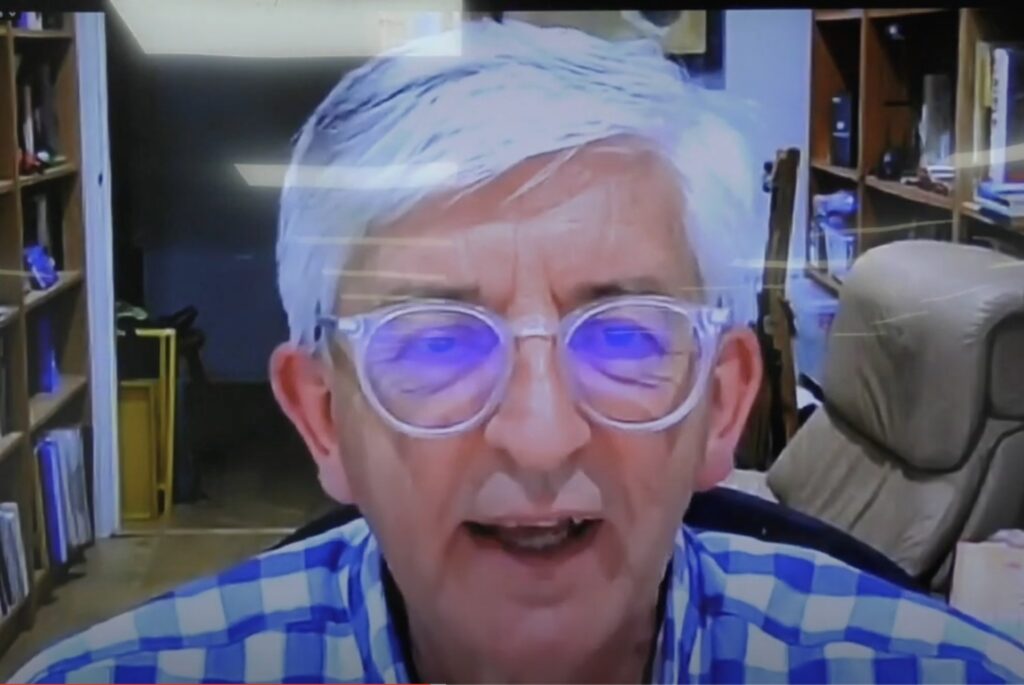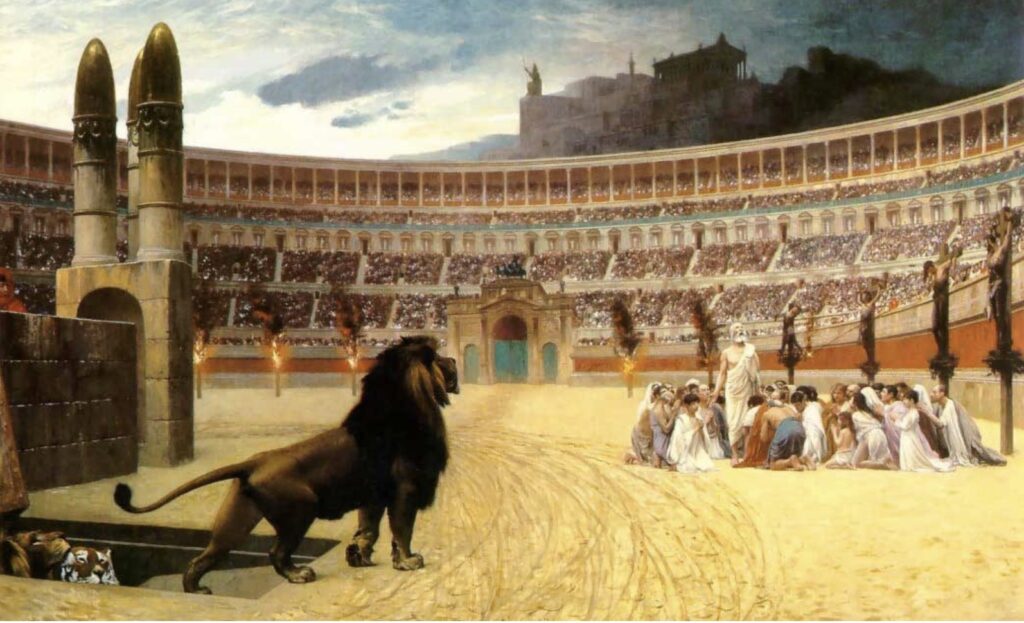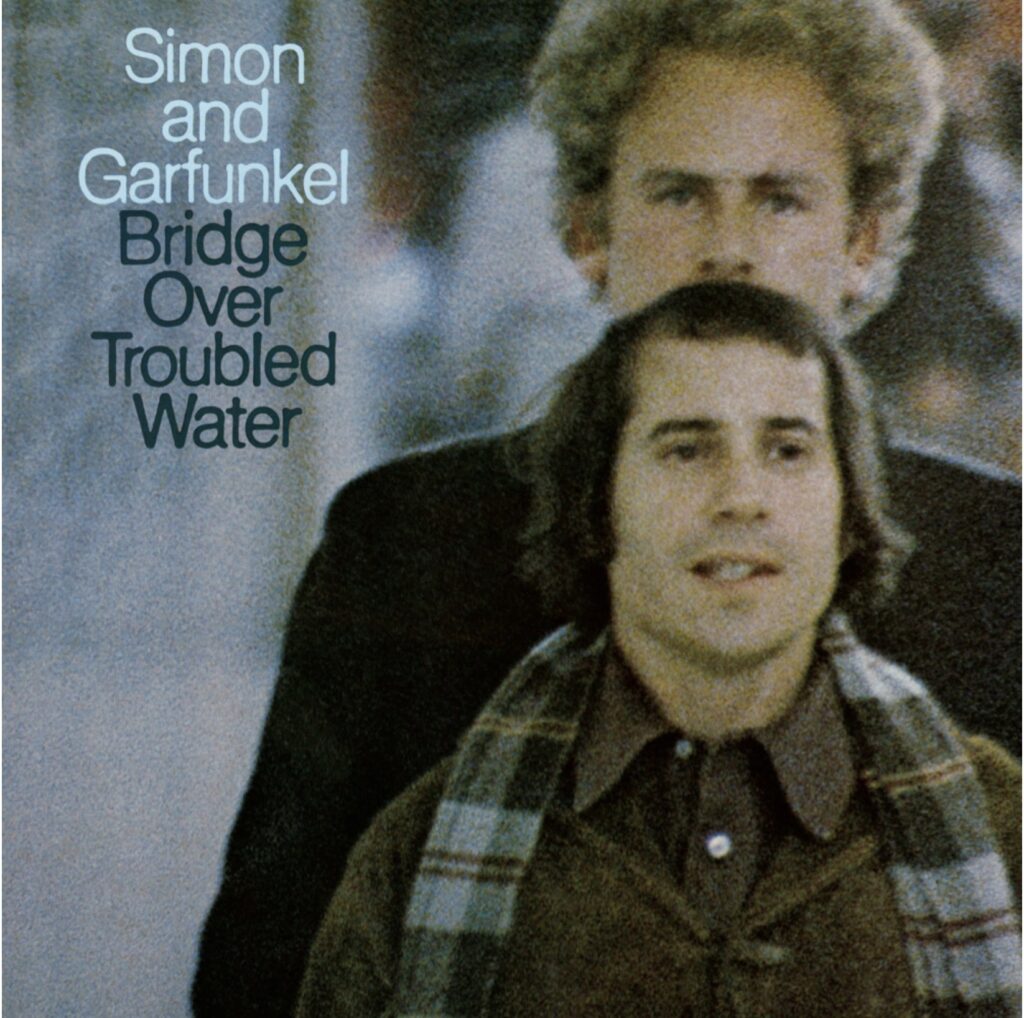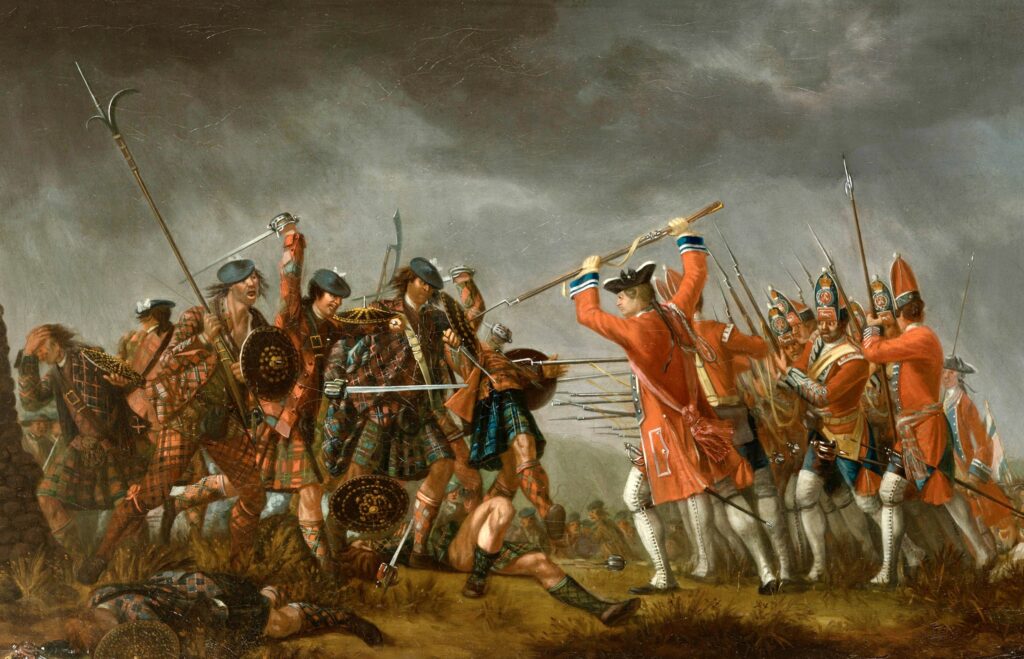Back in 1967, Nelson Bell, the editor of Christianity Today and father-in-Law of Billy Graham, wrote in an editorial for the journal,
“For the first time in more than 2,000 years Jerusalem is now completely in the hands of the Jews gives a student of the Bible a thrill and a renewed faith in the accuracy and validity of the Bible.”
Eleven years on, in 1978, President Jimmy Carter, claimed,
“The establishment of the nation of Israel is the fulfilment of biblical prophecy and the very essence of its fulfilment.”[1]
45 years on, that seems increasingly hard to defend when Israel is acknowledged by many human rights organisations to be an ethno-nationalist apartheid state. This week, the US/Canadian denomination, the Disciples of Christ, became the latest to adopt a resolution naming Israeli apartheid, acknowledging that “many of the laws, policies and practices of the State of Israel meet the definition of apartheid as defined in international law.”[2]
Continue reading









